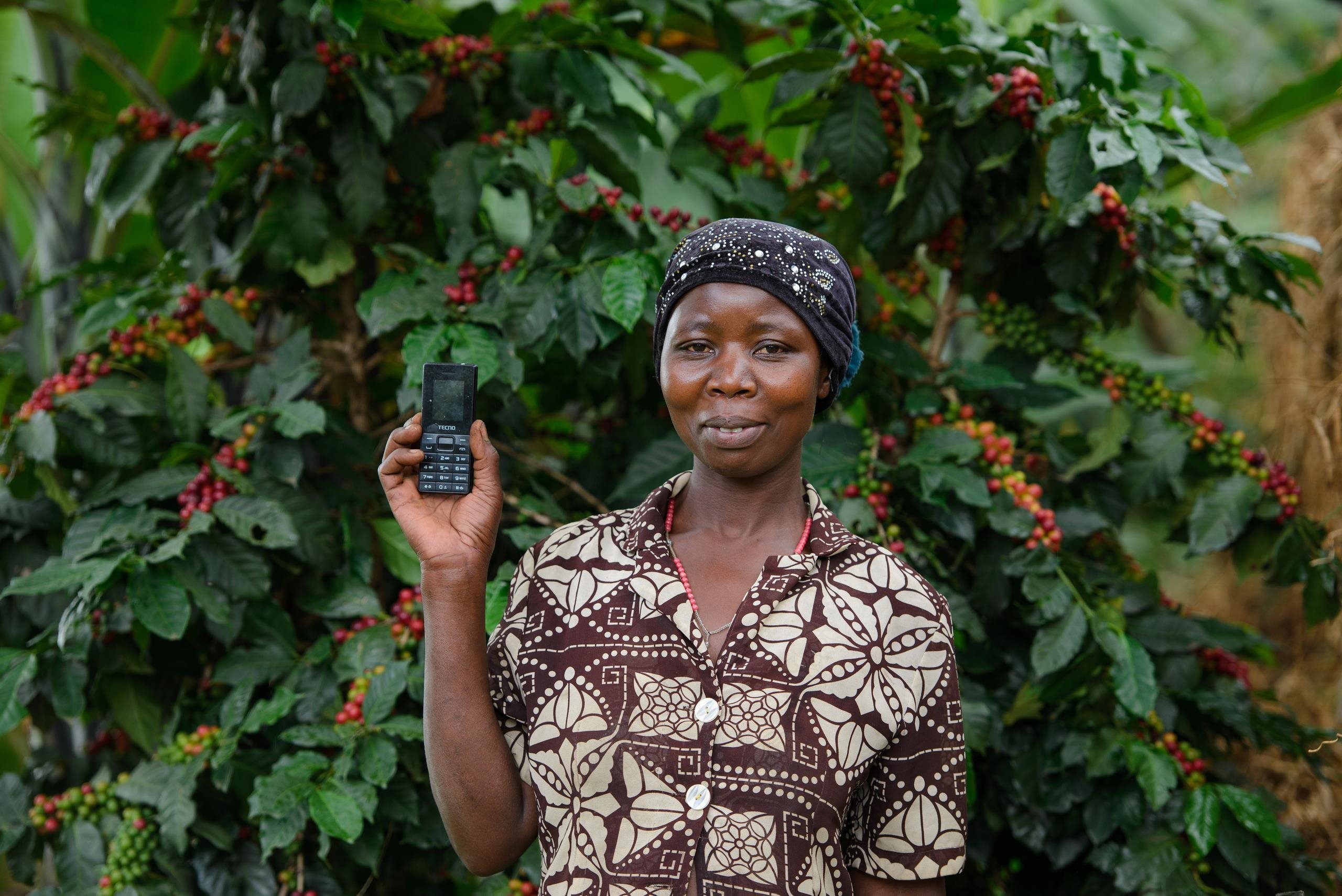Digital Traceability in Agriculture: Does It Improve Productivity and Marketing of Farm Produce?
UNCDF in partnership with Hamwe East Africa has developed a digital traceability platform that is enabling smallholder farmers in rural communities in Northern Uganda to adopt global traceability standards and practices. This case study shows the approach UNCDF and partners are taking in this process.

The successful implementation of this project is envisioned to provide all members of the food industry with guidance to develop and adopt business processes which provide traceability to any product within the entire supply chain, regardless of size or technological sophistication.
The benefits of traceability are widely recognized. Yet for smallholder farmers in developing countries, especially farmers producing horticultural and other fresh foods, traceability requirements can represent barriers to trade.
The food industry is comprised of a large array of trading partners, from the farmer or grower to internationally sourced suppliers. For this reason, a traceability application is important for the adoption of consistent business practices amongst all trading partners to effectively manage traceability in the food industry.
In recent times, the accurate and timely traceability of products and activities in the supply chain has become a new factor in food and agribusiness. Increasingly, consumers in many parts of the world demand for verifiable evidence of traceability as an important criterion of food product quality and safety. Food safety and traceability are currently at the forefront of both government and industry discussions around the world.
Traceability is a tool for meeting the expectations of buyers and end users, and for assuring them that a grower is indeed meeting their requirements.
Consumers expect to know what happens to food products at every step of the way. Certain segments of the population are becoming more concerned about food safety and about how food is produced, for instance whether it is organic or has minimal chemical use. Adopting traceability is not a choice. It is a question of how we do it in the best way possible, and how we take advantage of the opportunities that are emerging.
The ultimate goal of the partnership between UNCDF and Hamwe East Africa is to offer and establish both the minimum requirements and the best practices for sharing information between trading partners.
A digital solution called ‘My-koop’ that has been developed through this partnership offers traceability of:
- Suppliers’ practices from the point of sale to the consumer.
- All food products for human consumption.
- All levels of the product hierarchy, including pallets, cases, and consumer items.
- All supply chain segments including suppliers, wholesalers, distributors, and retailers.
To learn more, read full publication HERE.